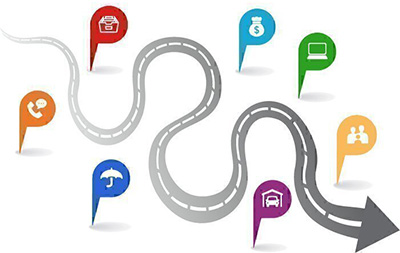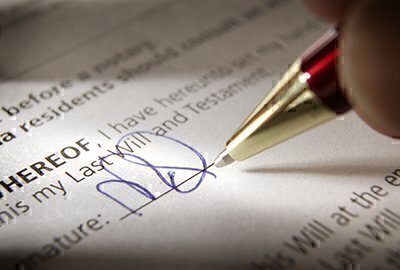Click below to listen to our Consumerpedia podcast episode for advice on planning your estate.
Unfortunately, most Americans don’t have even simple wills. That’s probably because planning for what happens to our possessions and money after we die isn’t just sobering—it can also require making multiple decisions and completing tons of paperwork. But once you’ve done the work and made an estate plan, you’ll find it calming and reassuring to you and your family. Completing some steps, like writing a living will and designating a healthcare surrogate, will reduce decision-making burdens for your family and ensure that your wishes are honored.
Here are some basic dos and definite don’ts that will save you hassles and money—and avoid common mistakes.
The goal is to communicate your end-of-life healthcare wishes and document what you have, who gets it after you die, and set up a trouble-free way to transfer it to your heirs or preferred charities, while minimizing payouts to probate courts, attorneys, accountants, and Uncle Sam.
Our most crucial advice: Don’t wait; start now. Too many people wait until they’re gravely ill to complete estate planning. It’s difficult to prepare documents when you’re close to death or living in a nursing home. Make big decisions when you’re of sound body and mind; disabilities can cloud judgment and create legal challenges or delays for beneficiaries.
Want more estate planning info? AARP and Kiplinger provide great personal finance tips. Legal publishers like NOLO offer planning tools and articles. While some of us can do all our own estate planning, most will need expert help; we also advise on how to find and work with a pro.




